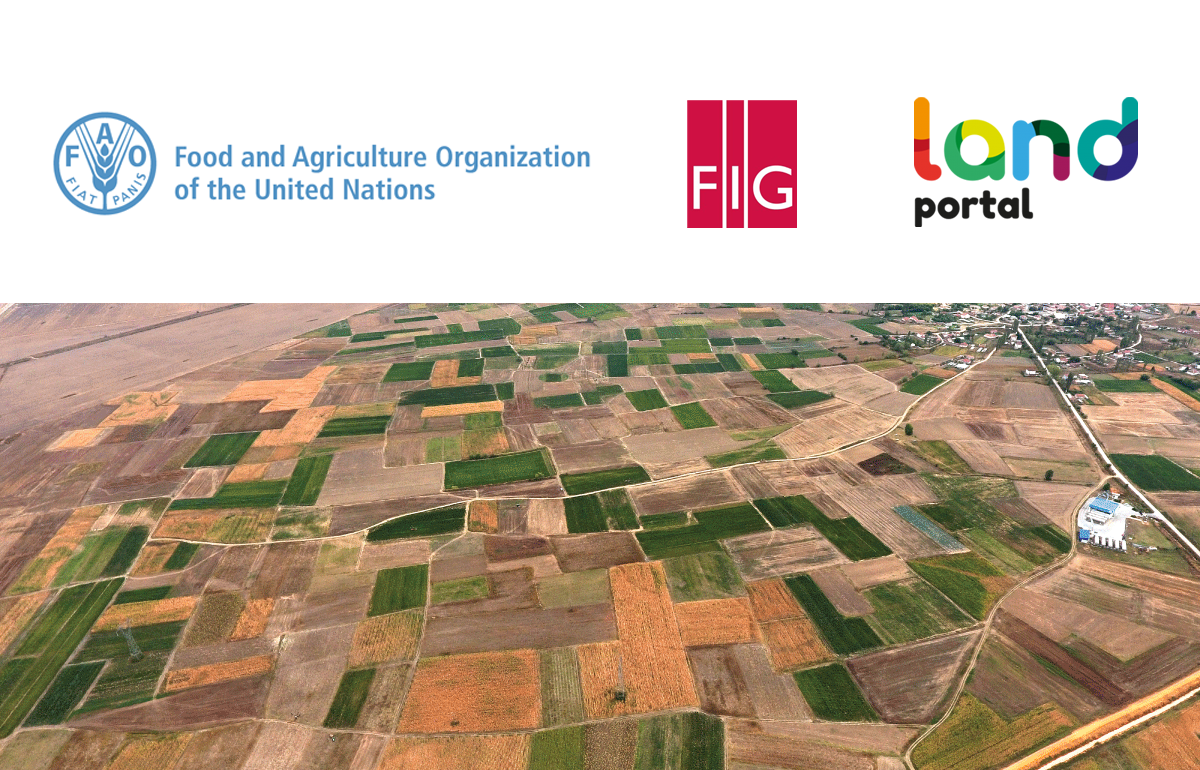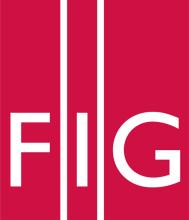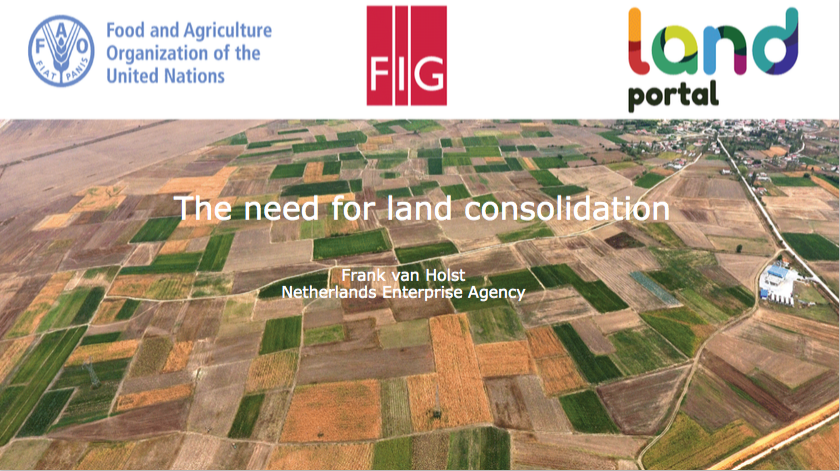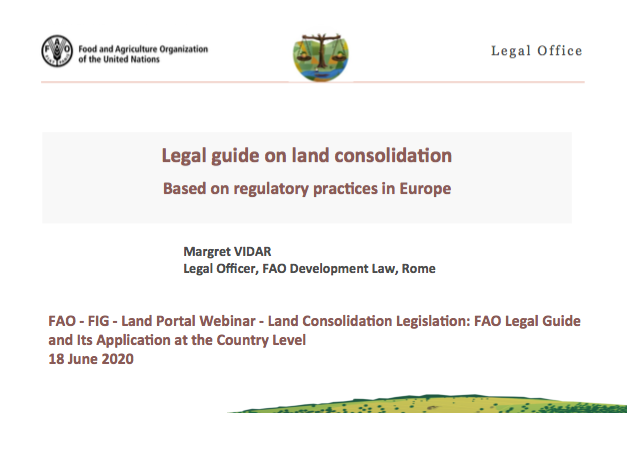Land consolidation is a well-proven land management instrument, which has traditionally been used for agricultural development with a main objective of reducing land fragmentation and increasing holding and farm sizes. Some European countries have a land consolidation tradition that goes back a hundred years or more. It is also widespread in particular in countries in Asia but also in Africa.
In the last decades, countries in Western Europe have developed land consolidation into a multi-purpose instrument with a broader objective. Multi-purpose land consolidation can facilitate the implementation of projects related to nature restoration, climate change adaptation and mitigation and large-scale infrastructure projects where land consolidation provides an opportunity to compensate landowners and farmers in land instead of monetary compensation.
After the political changes in Central and Eastern Europe (CEE) around 1990, land reforms were in most of these countries high on the political agenda. Many CEE countries have today farm structures characterized by excessive land fragmentation and small average farm sizes. These structural problems are often hindering development of smallholder farms into commercial family farms. From the mid-1990s and onwards, many CEE countries have introduced land consolidation mainly as an instrument to address the structural problems. The Food and Agriculture Organization of the United Nations (FAO) has so far supported the process in 11 countries in the region.
Objective
This webinar replaces two sessions on land consolidation initially planned for the FIG Working Week 2020 in Amsterdam (May 2020). As many others, this meeting was cancelled due to the COVID-19 situation.
The webinar will serve to support the application and implementation of the Voluntary Guidelines on the Responsible Governance of Tenure of Land, Fisheries and Forests in the Context of National Food Security (VGGT) and achieving SDG targets such as 1.4, 2.3 and 5.a. The objective of this discussion is to promote good land consolidation practices and the practical application of the FAO Legal Guide with the examples from a range of European countries.
In this webinar, FAO introduce the new Legal Guide on Land Consolidation, prepared based on the outcomes of a study of good practices for land consolidation legislation in Europe. The Legal Guide has been prepared by FAO in close cooperation with technical networks such as LANDNET, FIG and UNECE WPLA. The Legal Guide weaves together legislative and technical guidance to make the process accessible to countries where land consolidation is initiated. It will be useful to a broad range of stakeholders: legislatures, legal drafters and land consolidation professionals, public and private entities and persons involved in the land consolidation process.

Facilitator
Morten Hartvigsen
FAO REU Land Tenure Officer and Regional Initiative Delivery Manager
Speakers

Margret Vidar
FAO Legal Officer

Marije Louwsma
Chair
FIG Commission 8

Raimund Jehle
Regional Programme
Leader for Europe
and Central Asia
FAO REU

Frank van Holst
Programme Manager
Territorial
Development
Netherlands
Enterprise Agency

Kristina Mitic Arsova
FAO Team Leader
North Macedonia

Tomas Versinkas
FAO International
Legal Consultant
What experts say about Land Consolidation
What is the potential of land consolidation in your country?






